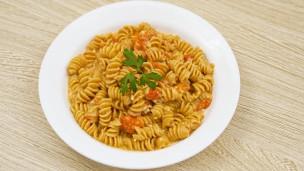Instant Relaxation Exercise
(9:28)Instructions
In this video you will learn:
What is stress?
Understanding acute vs. chronic stress
How stress affects your body
How to tell if you are stressed?
What causes stress?
What are the different types of stress?
Stress Relieving Practices
Progressive Muscle Relaxation
WHAT IS STRESS?
Stress is primarily a physical response. When stressed, the body thinks it is under attack and switches to “fight or flight” mode, releasing a complex mix of hormones and chemicals such as adrenaline, cortisol and norepinephrine to prepare the body for physical action.
TYPES OF STRESS
ACUTE STRESS is a response triggered when we encounter a threat or danger situation.
This leads to the release of the stress hormones cortisol and adrenaline, which causes distinct changes in the brain and the body.
CHRONIC STRESS occurs when we are experiencing stress on a regular, ongoing basis.
It relates to the prolonged physical and psychological feelings of tension and pressure we may experience when we are finding the demands of our professional or personal life difficult to cope with.
SYMPTOMS OF STRESS
PHYSICAL symptoms may be the first signs we notice that we’re struggling with stress.
Initial physical symptoms may include a rapid heartbeat, chest pain, a headache, feeling tense, shaky or on edge.
EMOTIONAL symptoms of stress include experiences a low mood, mood swings, feeling panicked or increasingly worried.
BEHAVIOR changes associated with stress include difficulty sleeping, over or under eating and becoming less tolerant and snappy with other people.
Noticing the early warning signs of stress is very important as chronic stress can lead to longer term health problems.
The good news is stress is manageable and with the right tools, techniques and daily healthy habits you can minimize stress in your daily life and deal better with the effects of stress on your body and mind.






































